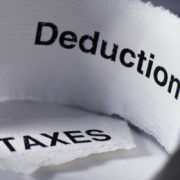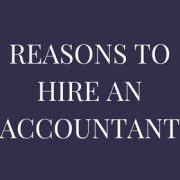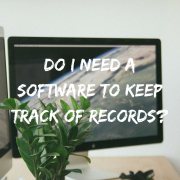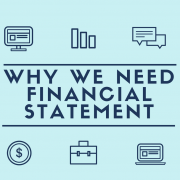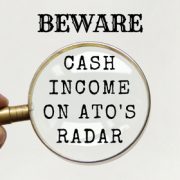What are the common business expenses I can claim? – by Grace
The 3 Golden Rules
To claim for a business deduction:
- it must be a business expense (not for private use)
- claim only portion related to business if it is of mixed use (for both business and personal use)
- keep receipt as record and evidence to prove.
What can be claimed?
The following lists the allowable deductions for businesses expenses:
- Business travel expenses
Airfares, train, bus or taxi fares when travelling for business or paying for employee travel can be claimed.
To claim expenses for overnight travel:
- one night or more – keep written evidence of all expenses
- six or more consecutive nights – keep a travel diary recording all the information of business activities.
- Motor vehicle expenses
The motor vehicle expenses you can claim and how to calculate the deductions depend on:
- your business structure i.e. sole trader, company, partnership or trust;
- the type of vehicle i.e. car, motor bike;
- how the vehicle is used.
Motor vehicle expenses from employee use are business related expenses for the employer. If the vehicle is for private use, fringe benefit tax (FBT) may apply to the employer.
- Repairs and maintenance
The expenses spent on repairs and maintenance on your business assets can be claimed. This includes:
- painting;
- mending leaks
- conditioning gutters;
- plumbing maintenance;
- repairing electrical appliances;
- repairing machinery.
- Running business from home
For home-based business, or home offices, you can claim:
- occupancy expenses i.e. rent, council rates, land taxes, house insurance premiums
- running expenses i.e. gas, electricity, water, phone, cleaning and depreciation of plant and equipment, furniture and furnishings.
- Salary, wages and super
Deductions for salaries and wages are calculated based on the business structure:
- For a company or trust, any salaries and wages the company or trust pays to you or other workers can be claimed by the business.
- For a sole trader or partnership, any nominal payment of a salary or wages to yourself or a partner is often considered as distribution of profit.
You can claim a deduction for super contributions you make for your employees.
For sole traders, you can claim a deduction for your own super contributions in your individual tax return. It cannot be claimed if you earned more than 10% of your total annual income from salary or wages.
If you hired a contractor, you can claim the amount you pay them.
- Other expenses
All other common expenses that can be claimed include:
- Expenses on advertising and sponsorship;
- Bank fees and charges;
- Insurance premiums, i.e. accident, fire, burglary, motor vehicle, or workers’ compensation;
- Stationery expenses;
- Parking fees (but not parking fines);
- Transport and freight expenses;
- Clothing expenses (uniforms and protective or occupation-specific clothing);
- Subscription costs for business or professional journals, information services, newspapers and magazines;
- Costs for sunglasses, hats and sunscreen for outdoor work;
- Registered tax agent and accountant fees;
- Tax-related expenses.
To find out more about what deductions are claimable for your business speak to one of our accountants at Simpro Taxation Services or visit the ATO website.

